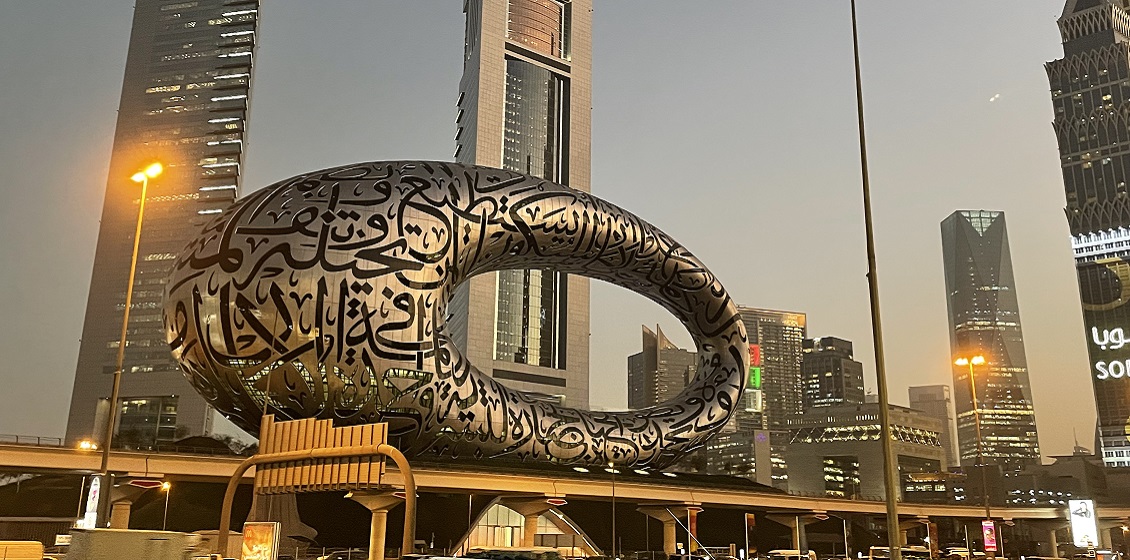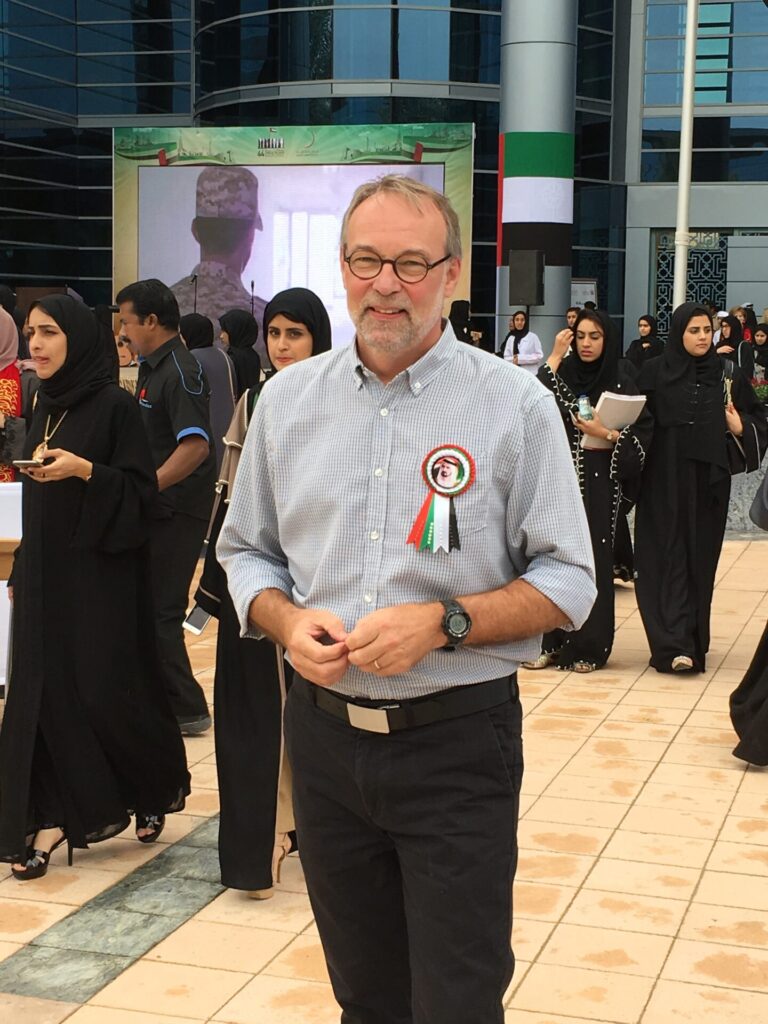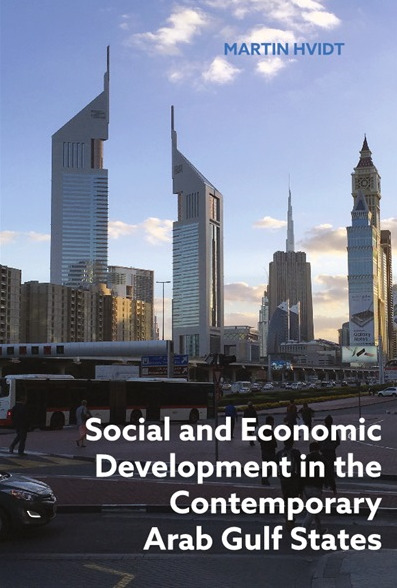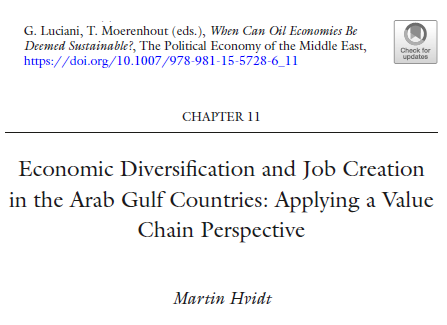Expertise in Middle Eastern development is getting more concentrated among researchers with roots and base in the Middle East itself. It makes good sense, but it is also making Denmark and the Western world more vulnerable, says an experienced Middle East expert.
Martin Hvidt was involved as an expert in water management projects in Egypt during the nineties. ”We had very good exchanges then,” he remembers. ”Those water engineers and other people I worked with were very clever. And they clearly had another perspective than I had. Coming from Denmark, a country with no rivers and no channels, we didn’t have any technical expertise at that time which the local people didn’t have themselves.
”Researchers from South and North have quite different pools of knowledge to draw upon. The South partners have grown up in their own societies, and they obviously understand many aspects of their societies much better than we do. But in my opinion, it’s generally sound practice that we also contribute from the North with our different backgrounds and knowledge.”
Martin Hvidt is educated as a geographer and economist, and he has been a member of the academic staff at Center for Middle Eastern Studies at the University of Southern Denmark (SDU) since 1988. He is a veteran within development studies and a member of the board of FAU, the association of Danish Development Researchers.
As a young researcher, Martin Hvidt was involved in development research fieldwork in Ghana and other African countries, and he wrote his PhD-thesis about water resources, farmers, and farmer’s associations based on research conducted in Egypt.
Around the year 2000, he shifted his focus from what he calls e.g. Egypt and Syria, to countries in the Arab Gulf. ”That was where things were happening.”
He wrote his doctoral thesis about social and economic developments of the oil-producing Arab Gulf countries, and later he spent three years from 2013 to 2016 as professor, teaching at Zayed university in Dubai.
”I was observing an enormously interesting schism. How do you tackle and comprehend development in With money, you can buy things and cast buildings in concrete, but it’s considerably harder and slower to develop the software, the human resources, at the same pace.”
”I taught the students about economic trends in their own society. During a field trip to Dubai, I recently met a couple of my former students, and they told me they had enjoyed being exposed to other perspectives by educators from abroad. It was fun and interesting for them that we came from the outside with different perspectives when studying their society.”
The students learned from Martin Hvidt, and he also learned a lot from them about modern Arab Gulf society. ”Very few foreigners get access to the youth in the Gulf. I got a unique insight into the thinking of young people, aged 22 and 23, who will be the future leaders in this society and became a lot wiser, and in this way, hopefully, Denmark also became wiser.”
A Shift to the South
After returning to Denmark six years ago, Martin Hvidt realized that a drastic change was happening in Denmark. Danish people today know a lot more about the Middle East than before.
”When the center for Middle East Studies was established in the 1980s, Danish companies and government offices knew very little about the Middle East, and they needed our expertise. We gave a lot of briefings. But now, they have their own in-house knowledge, which is often more updated than what we offer. Many of these departments are staffed by clever young people of Middle Eastern origin.”
Martin Hvidt is observing the same trend within the international university world. ”Research into the Arab Gulf has for many years been directed and done by white men like me. We had a kind of monopoly. Looking at things with academic eyes was considered a Western thing.
“But now it’s very different. Within the academic field of Middle East Studies, we see, for example at international conferences, large numbers of clever young scholars from countries in the Middle East who might have grown up or studied in the West. Naturally, they have a much stronger background in the area itself, and in addition to that also know the language much better than we do. In this way, they are able to explore questions that we as foreigners never were able to do. As such, the academic outcome is better than before. This trend is indeed an enrichment of the Middle Eastern research field.”
But Martin Hvidt is not predicting that twenty years from now, it will only be people with a Middle Eastern background who does academic research into the Middle East. In his opinion, that would be ”problematic”.”Right now, we have a good balance which is functioning well, but Danish society definitely has a need for its own pool of knowledge for commercial and security reasons. In that context, I sometimes feel that Danish ministries at the moment are acting shortsightedly. It takes quite a few years to educate a real expert in any field, and due to various ‘trimmings’ of the universities, no new scholars are recruited and employed at the relevant university departments. So in the future, we are going to have a significant lack of real expertise in the world around us.”
A Need for Skilled People
Throughout the years, in Africa as well as the Gulf, Martin Hvidt has cooperated with many academics from the South. But he has very seldom shared the authorship of an academic article with any of them.”Within my field of research there is a tradition for solo-projects, especially in the field of Gulf-studies,” he explains. ”We write a book or an article by ourselves. We meet at conferences, and there we exchange ideas and knowledge. Sometimes we write anthologies together, but that is as close as we are cooperating.”
In recent years, Martin Hvidt has focused, among other things, on research into transfers of technology in connection with highly-skilled migrants in the Gulf. ”So much has been written about unskilled workers at the construction sites in the Gulf region. So I posed myself the question on how much technology is transferred by highly-skilled and well-educated migrants, and are they contributing to the dominant development model,” he explains.
”I was a trainee at FAO (UN’s Food and Agriculture Organization, ed.) in Africa in the 1980s. At that time, you would always arrange for peer training as part of any project. The expert from outside would always have a local partner, and the skills should to some degree be transferred. This arrangement has worked well in many parts of the world, and today most countries in the global south have their own experts.
”But not in the Gulf,” Martin Hvidt stresses. ”No mechanism for technology transfer is built into the development model, even with highly-skilled workers and experts. Basically, because the locals are so few. The well-educated nationals never get to work for very long with practical matters. They advance directly to leadership positions, and the technical expertise is bought from abroad. There are many well-educated engineers, but as soon as they have worked as engineers for a couple of years, they shift to management, where there is a visible career track.”
This is, according to Martin Hvidt’s research, a Gulf phenomenon. In other countries in the Middle East, which have less oil and are less rich, you can observe the opposite trend. Here, families are placing much more emphasis on getting educated, and especially technical skills are highly sought after. The result is that when companies in the Gulf need operations managers and other practical-oriented leaders who speak Arabic, they often employ well-educated Egyptians, Palestinians or Jordanians.
The SDU as an SDG-university
SDU, the University of Southern Denmark, has declared itself a SDG-university, promising to focus on the UN sustainable development goals in every corner of the university.
”So far this is on its way to materialize. We don’t have much interdisciplinary cooperation concerning the SDGs now, but I guess it just takes time to be integrated,” says Martin Hvidt. ”We don’t have a big common platform yet, but it will probably come, as a significant climate cluster is in the process of being established at SDU. Personally, I am teaching much more on issues like SDGs and sustainability than before. Issues related to the SDGs have been written into most curriculums.”
”The focus on development research in Odense (where SDU’s main campus is situated, ed) has always been very modest within the social sciences and humanities. It has never been prioritized. Nowadays, most development research at SDU is conducted by scholars from the health, technology, and natural sciences departments.”








